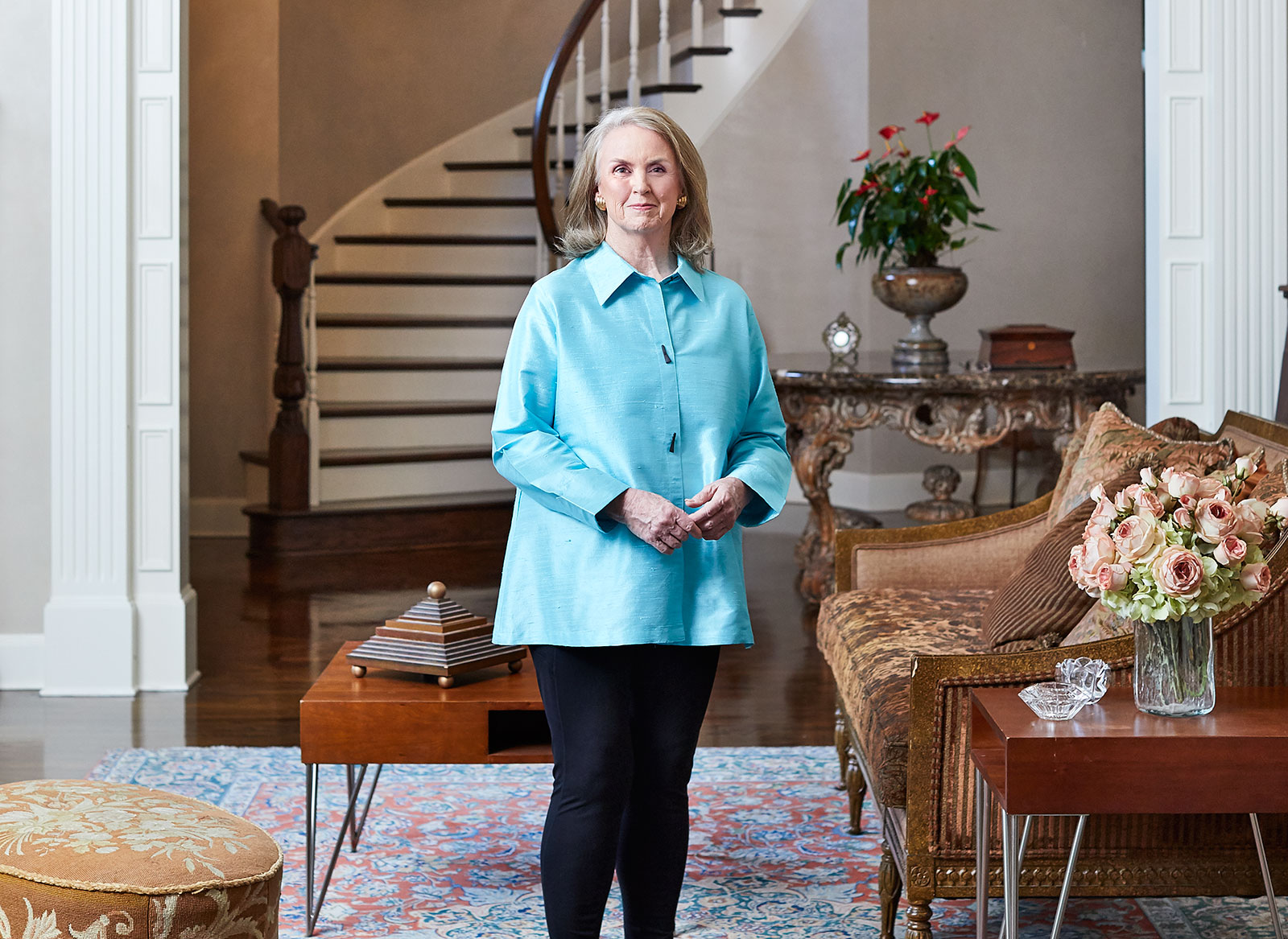D Magazine’s January cover story goes online today. “Jo Hopper vs. The Bank” puts a tough woman on center stage. Her epic battle with JPMorgan Chase led to the largest jury award of its kind in state history. But in the wings of this tragedy, out of sight but in everyone’s memory, is Max Hopper, Jo’s husband of 28 years, the man whose death started the story.
From what our writer, Joe Guinto, was able to learn, Max was a brilliant man. A friend of Max’s told Joe, “When he was in his 40s, he was already a legend in information technology. The people you know about are the Steve Jobses and Bill Gateses. They were the sellers of technology, but Max was their equivalent for the corporate users of technology. He just didn’t have the same kind of opportunity to make the same kind of money as Jobs and Gates.”
Maybe not. But Max did leave behind the accumulation of a productive life, an estate worth about $19 million. Plenty to fight over. What Max didn’t leave behind was a last will and testament. Over the years, he’d worked on four drafts, but he’d never signed one.
“Max just couldn’t talk about death,” Jo told Joe. “He couldn’t envision not being here. My observation was there was a feeling that if he signed it, there was a finality.” Max worried that somehow his will might kill him. Jo’s own mortality, too, figured into the inaction. “I had been told in 2007 that I had six months to live, and I survived. After I had that cancer, we never really talked about it again. I always assumed I would be the one to go and he would be fine. When I have had dinner with friends since Max’s death, I ask if they have a will. It’s interesting how many people do not.”
The Hoppers’ story offers lessons for anyone who would leave a complicated, multimillion-dollar family matter to a large institution—maybe even a lesson for one such institution itself. But nearly everyone, even those of us with far less at stake, can learn something. In the state of Texas, you don’t need a notary. It’s easy to draft a will. The next step is to sign it.





